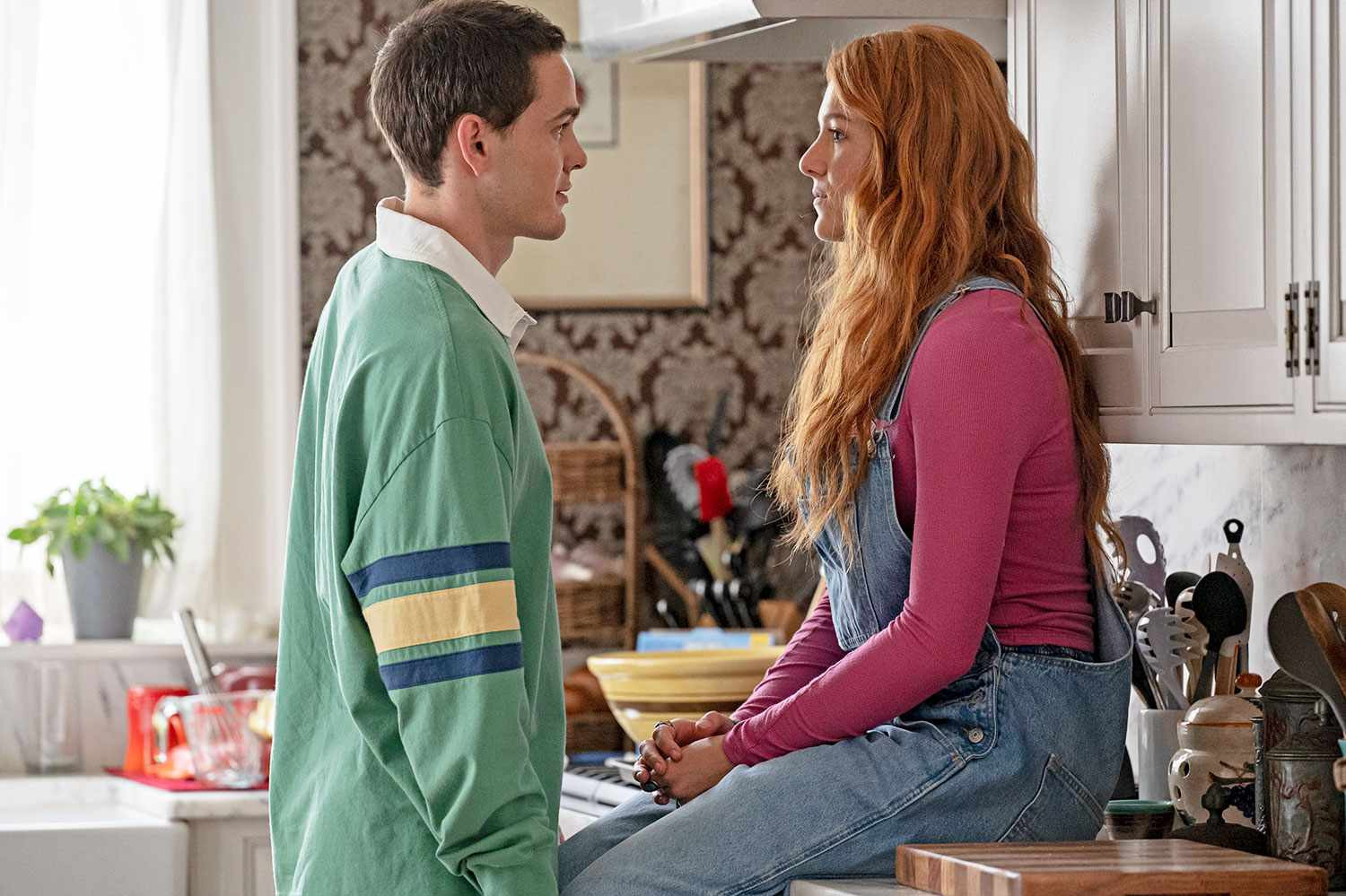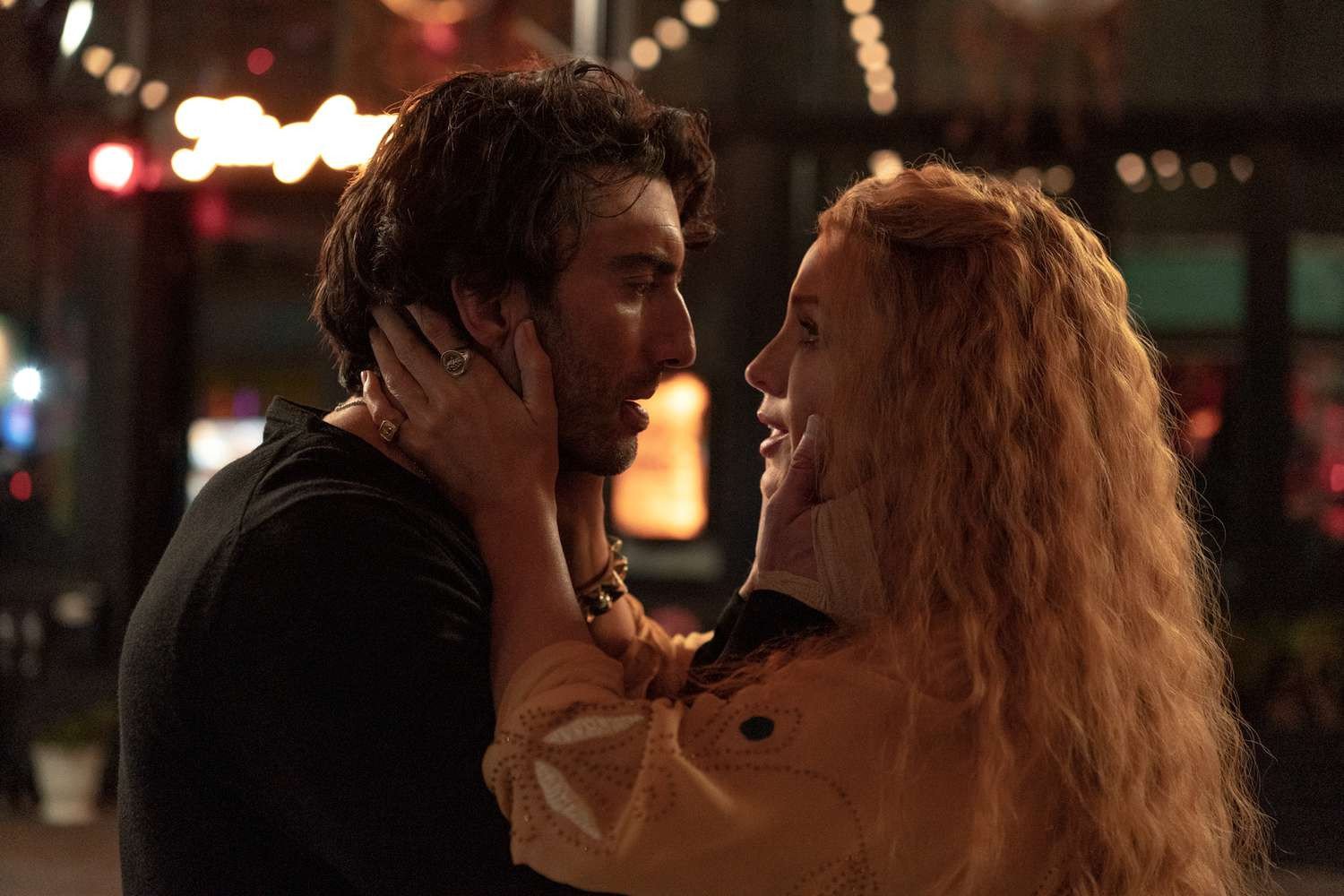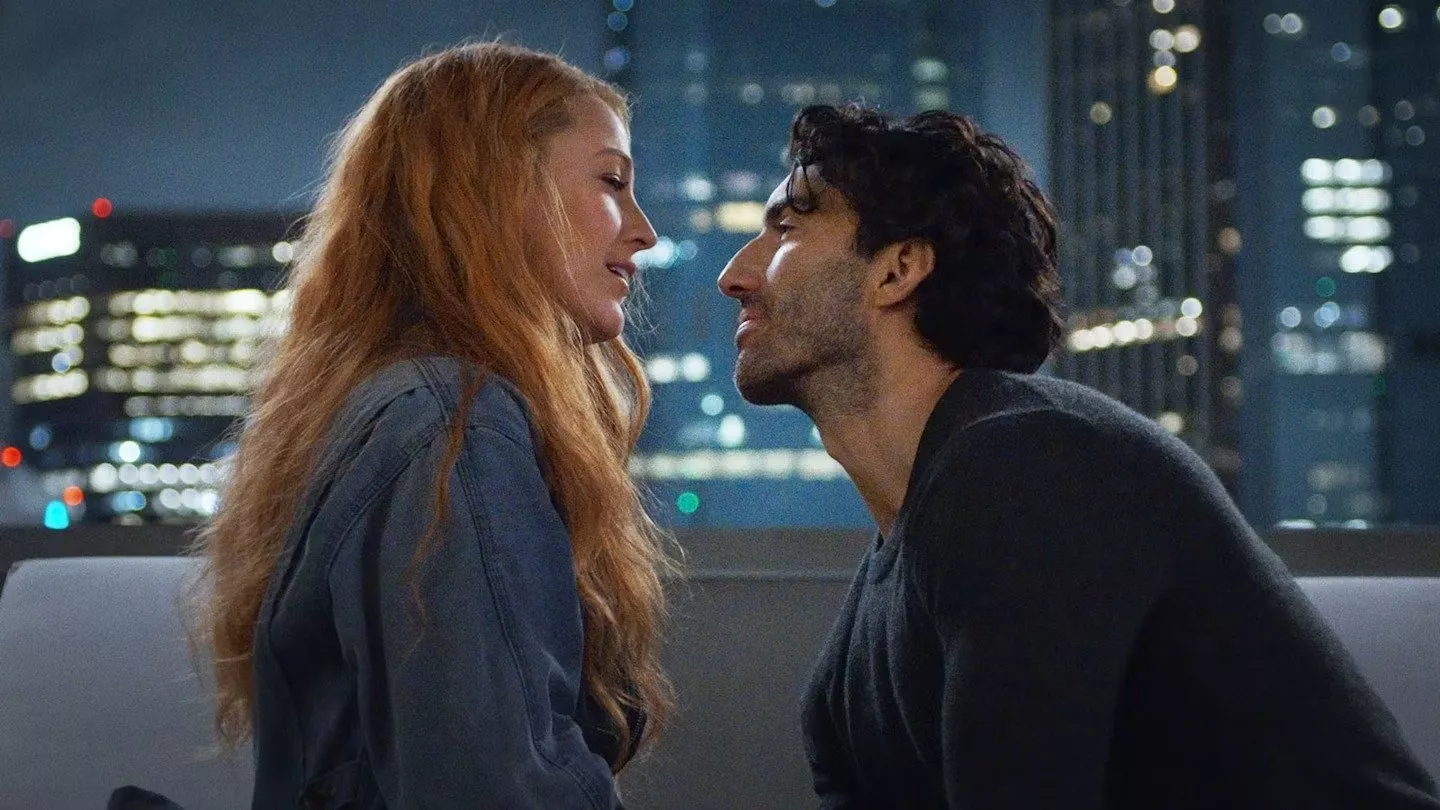PLOT:
Based on Colleen Hoover’s bestselling novel, It Ends With Us follows Lily Blossom Bloom (yes - that is indeed her real name! She also happens to be a florist, totally not on the nose at all), who starts fresh in Boston after a traumatic childhood. She crosses paths with a charming neurosurgeon, Ryle Kincaid, but soon discovers that his dark side mirrors the abusive relationship she witnessed between her parents. The film, much like many book adaptations, struggles to balance its narrative, especially when translating themes of trauma and romance onto the screen.
Adapting popular books into films is never an easy task, and It Ends With Us proves that point. Without prior knowledge of the novel, it’s clear to see why it resonated with readers, particularly due to Colleen Hoover’s success via one of TikTok's most popular sub-communities 'BookTok' with books like 'It Ends With Us' and 'Verity.'

However, while Hoover’s novel tries to balance romance with heavier themes like domestic violence, the film falters by veering too much into romantic territory, diluting its intended message.
The story centres on Lily Bloom’s life in Boston as she launches her flower shop and reluctantly embarks on a relationship with Ryle (Justin Baldoni). The plot blends flashbacks of Lily’s painful past, particularly her father’s abuse, and her teenage romance with Atlas. Unfortunately, these two storylines feel like they belong in entirely different films, clashing in tone and pacing.

A young Lily and Atlas.
The film suffers most when it tries to portray abuse as inevitable, leaving the audience with a sense that the story is driven more by the desire to hit a certain note rather than following a natural progression. It feels like the whole story was written just to justify the final scene.
The film takes a typical, frustrating route often seen in romance dramas—turning Ryle, the antagonist, into an outright villain while positioning Atlas, the stalkerish ex, as the hero. This dynamic, where the "good guy" swoops in to save the victim, feels overdone and cringeworthy. It’s a trope that’s prevalent in these kinds of love stories, and it’s hard not to roll your eyes at how predictable it all feels.

Image: Nicole Rivelli
Screenwriter Christy Hall may have done her best with the material, but the movie often feels like it was generated by an algorithm trained on the cheesiest Wattpad content. The "meet-cute" on the rooftop between Lily and Ryle is awkwardly forced, and scenes that should have been heartfelt end up unintentionally funny—particularly one involving Blake Lively in fishnets, which drew laughter from the audience at moments that were clearly not meant to be humorous.
Then there’s the soundtrack, which actively pulls viewers out of the film. There’s a place for popular music in movies, but It Ends With Us uses tracks so recognisable that it’s impossible to stay immersed in the narrative. There is a very tasteful way to do so, if absolutely needed and unfortunately, among many other things, the film missed the mark here too. The soundtrack just adds to the cheesiness and 'Wattpadd-ness' of the film. One standout misstep is Birdy’s "Skinny Love" playing over a tender moment between young Lily and Atlas. It’s impossible to take the scene seriously when the music is so on-the-nose. Even more egregious was the inclusion of Lana Del Rey’s "Cherry" and Taylor Swift’s "My Tears Ricochet" in emotionally heavy moments. While Lively reportedly fought for the inclusion of "Cherry," the use of these songs feels overly dramatic and takes viewers out of the story.
Ultimately, the film misses a crucial opportunity to delve into the deeper emotional complexities of domestic violence. While the novel provides a foundation for discussing the cycle of abuse, the film skirts around these issues, presenting a sanitized and oversimplified version. Lily's decision to leave Ryle seems far too easy, and the film fails to acknowledge the real-life difficulty many face in such situations. The fact that Lily was so "lucky" in her circumstances doesn’t reflect the reality of domestic violence survivors, who often face much worse.
Lily herself is a frustratingly one-dimensional character, defined solely by her trauma. Her emotional depth is barely explored, and her motivations feel flimsy, making it hard to connect with her. Her fixation on her high school ex, Atlas, detracts from the film’s attempt to address serious topics, and the romance angle feels like it belongs in a completely different story.

The film tries to grapple with generational cycles of abuse but fumbles the execution. It spells out its message with such a lack of subtlety that anyone familiar with domestic violence will recognise the heavy-handedness. While the film’s heart may be in the right place, its clumsy handling of these themes does more harm than good. By the end, the story wraps up with a tone-deaf resolution that feels not only patronising but harmful, suggesting that abusers can simply be "fixed." The idea that growth could end the cycle of abuse is a dangerous message, and the film’s conclusion reinforces a troubling narrative.
In the end, It Ends With Us is a frustrating watch. Despite the star power of Blake Lively and Justin Baldoni, the film’s execution is lacking. While it might perform well at the box office, particularly with fans of the book, those seeking a quality drama with real emotional depth should look elsewhere.









COMMENTS
Comments are moderated and generally will be posted if they are on-topic and not abusive.
For more information, please see our Comments FAQ